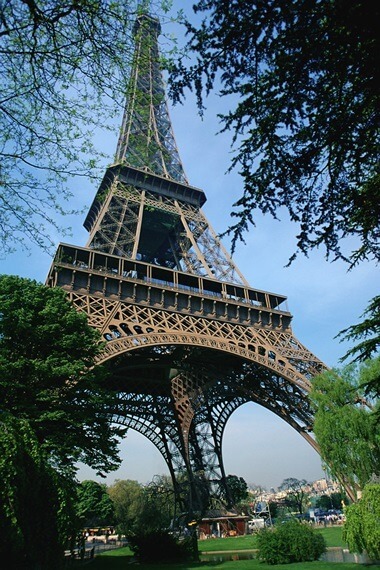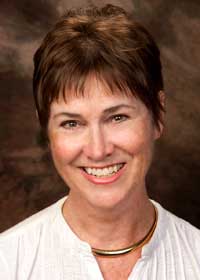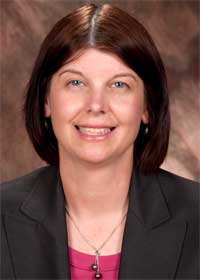 Northern Illinois University has been approved for membership to the Council for European Studies (CES) Academic Consortium, an international coalition of universities, centers and other organizations dedicated to furthering the study of Europe.
Northern Illinois University has been approved for membership to the Council for European Studies (CES) Academic Consortium, an international coalition of universities, centers and other organizations dedicated to furthering the study of Europe.
U.S. institutions that are counted among the CES members consist primarily of elite private or state flagships universities.
In Illinois, only two other public institutions – the University of Illinois at Urbana-Champaign and University of Illinois at Chicago – are among the council’s current 84 members.
“Council of European Studies member institutions include the likes of Harvard, Yale and Stanford, as well as leading institutions in such countries as Italy, the United Kingdom and The Netherlands,” said NIU President Doug Baker. “Our membership provides yet another example of how NIU truly has become a global university. It also will provide distinct benefits to our students and faculty who study and have research interests in Europe.”
Based at Columbia University in New York, the council produces, supports and recognizes outstanding multi-disciplinary research on Europe through a wide range of programs and initiatives. These include grants, fellowships, publications, awards, direct research, conferences, public lectures and symposia.
The council is particularly committed to supporting research that can play a critical role in both understanding and applying the lessons of European history to contemporary challenges in such areas as democracy, global security and environmental stewardship. It receives support from European government grants and American charitable trusts.
The benefits of being a member include:
- access to a network of more than 1,000 policy professionals, researchers, faculty and students engaged in research tied to Europe, including transnational relations, global security and cultural and historical studies;
- grants and prizes for graduate students, including pre-dissertation and dissertation prizes;
- faculty grants and prize opportunities;
- symposia, workshops, an annual conference and sponsored research projects;
- opportunities for student exchange, faculty collaboration and the sharing of institutional resources; and
- access to CES online publications.
“While NIU has centers for Southeast Asian Studies and for Latino and Latin American Studies, we have no center for faculty and students whose research and teaching revolves around Europe,” said Mary Quinlan, an NIU professor of art history who spearheaded the CES membership initiative.
“Joining this consortium is already providing us with an interdisciplinary cohesiveness around European-focused work and could be a first step toward creating a new NIU center,” she added.
Nearly 50 NIU faculty members across all seven colleges are already deeply engaged with European studies and endorsed the CES membership application. “We’re confident that this core group will identify even more faculty with interests in Europe,” Quinlan said.
Lisa Freeman, NIU vice president for research and graduate studies, said the application process itself was beneficial. Under a tight one-week deadline, Freeman, Quinlan, administrative assistant Liz Wright and Lesley Rigg, associate dean for research and graduate affairs in the College of Liberal Arts and Sciences, worked with faculty to assemble the NIU submission.
“It forced us to identify the truly remarkable breadth of European-related research, artistry and collaborative efforts that our faculty and students undertake here at NIU,” Freeman said.
NIU faculty members have produced more than 480 articles on European issues in peer-reviewed journals and reviews; won numerous academic prizes for their scholarship; written at least 20 peer-reviewed books on European topics; directed 65 study abroad programs in Europe over the past five years; embarked on numerous collaborations with European colleagues and institutions; and participated in more than 40 international art exhibitions across the pond.
Additionally, NIU professors have directed more than 300 NIU students working on European-related master’s theses or dissertations, and the colleges of business and engineering and engineering technology engage with many European corporations and civic groups.
The university currently enrolls about 70 European students.
“The response on the part of our faculty shows how eager they are to make connections across campus – and across the world,” Freeman said. “Joining the council will provide new funding avenues for professors and students, will allow our community of European specialists to continue to thrive, and will promote the kinds of student engagement opportunities that are essential for President Baker’s agenda for student career success.”


